18 GPTs for Self-Care Guidance Powered by AI for Free of 2025
AI GPTs for Self-Care Guidance are advanced artificial intelligence tools designed to provide personalized advice and support for self-care practices. These tools leverage Generative Pre-trained Transformers (GPTs) to offer tailored recommendations, information, and support related to personal health, wellness, and emotional well-being. They are adept at understanding and processing natural language, making them highly effective for engaging with users on a wide range of self-care topics.
Top 10 GPTs for Self-Care Guidance are: 皮肤医生,Mom for a Minute,Dr. SKIN dermatology,Suicide Prevention Friend,抑郁症,Vent Out,Sarah Tonin,samantha,Emotional Help!,🌟 Compassionate Care Companion 🌟
皮肤医生
Your AI Partner in Skin Health and Prevention

Mom for a Minute
Your AI-Powered Virtual Mom

Dr. SKIN dermatology
AI-powered insight into your skin health.

Suicide Prevention Friend
Empathetic AI for crisis support

抑郁症
Empathy at Your Fingertips
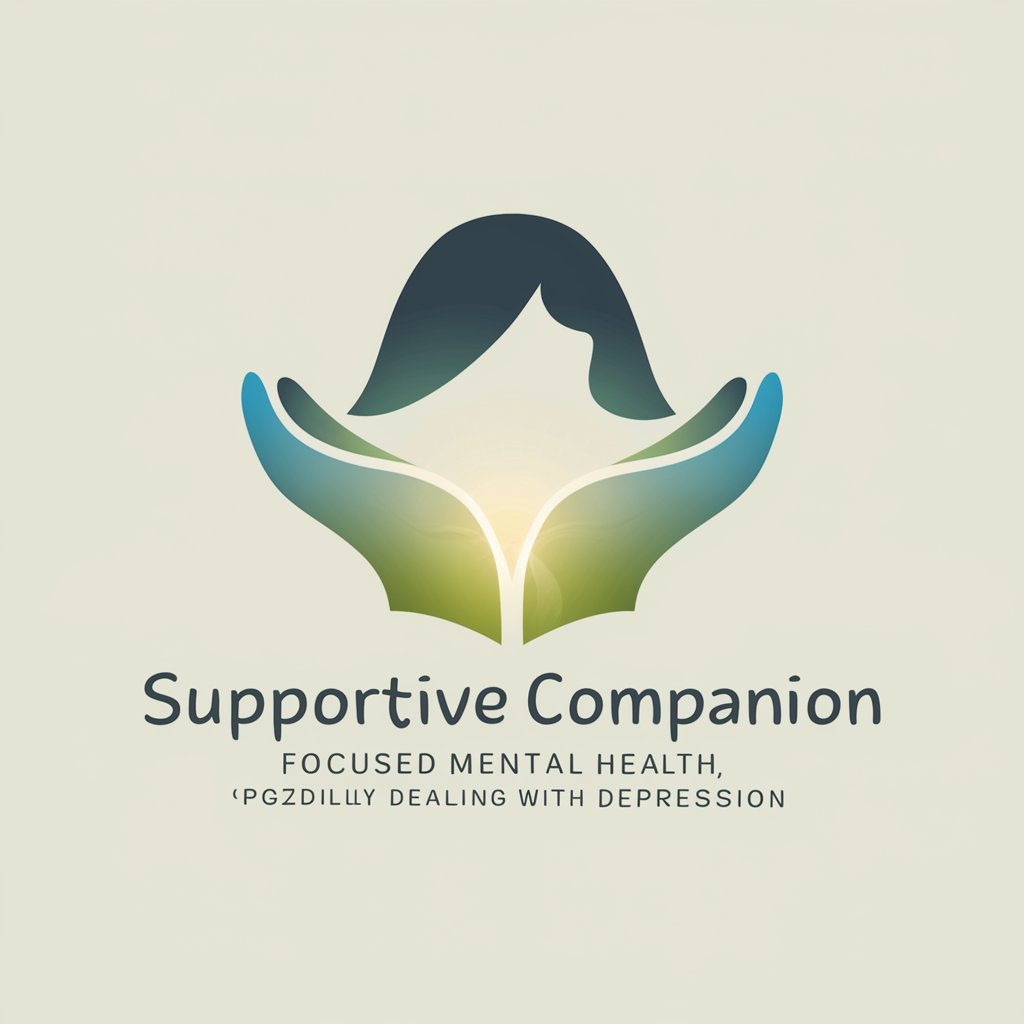
Vent Out
Empathetic AI for Your Mental Well-Being

Sarah Tonin
Empowering mental wellness with AI
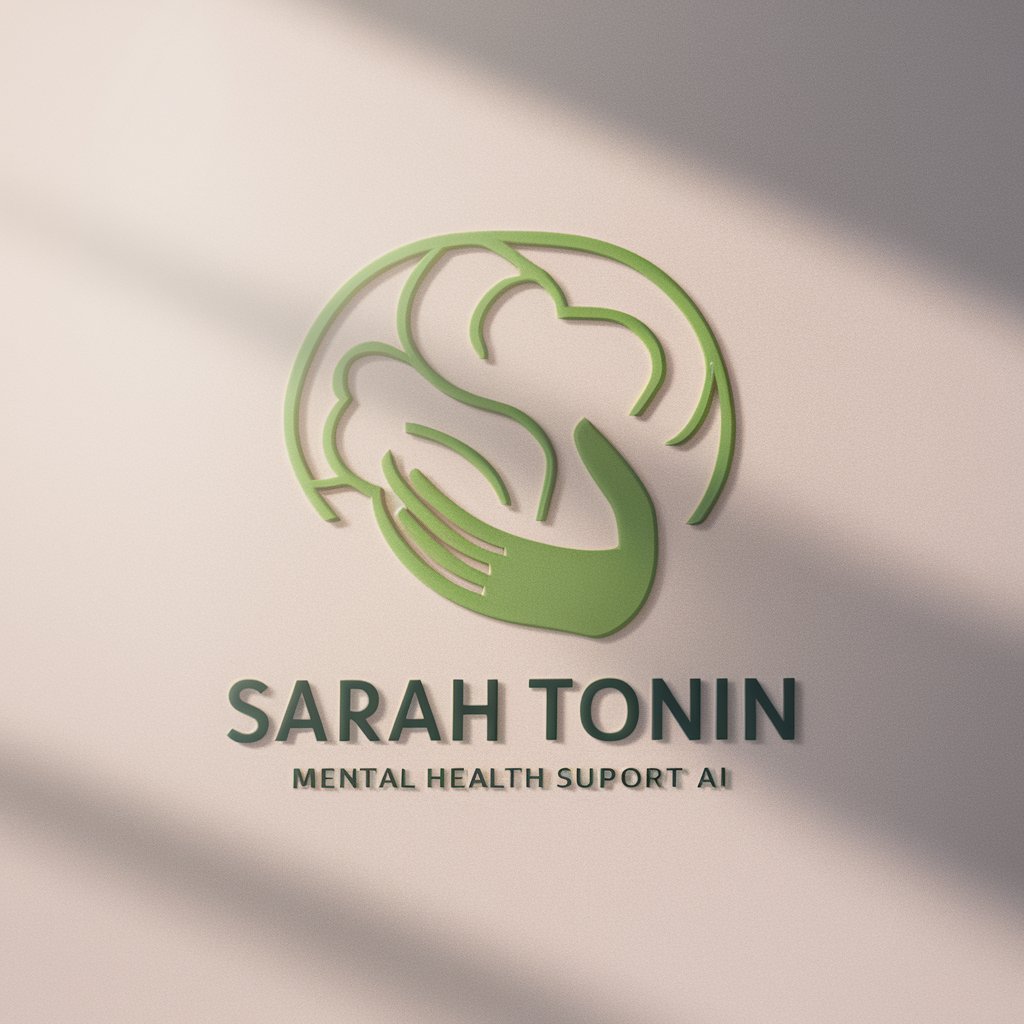
samantha
Empowering Emotional Well-being with AI

Emotional Help!
Uplifting Your Spirit with AI Power
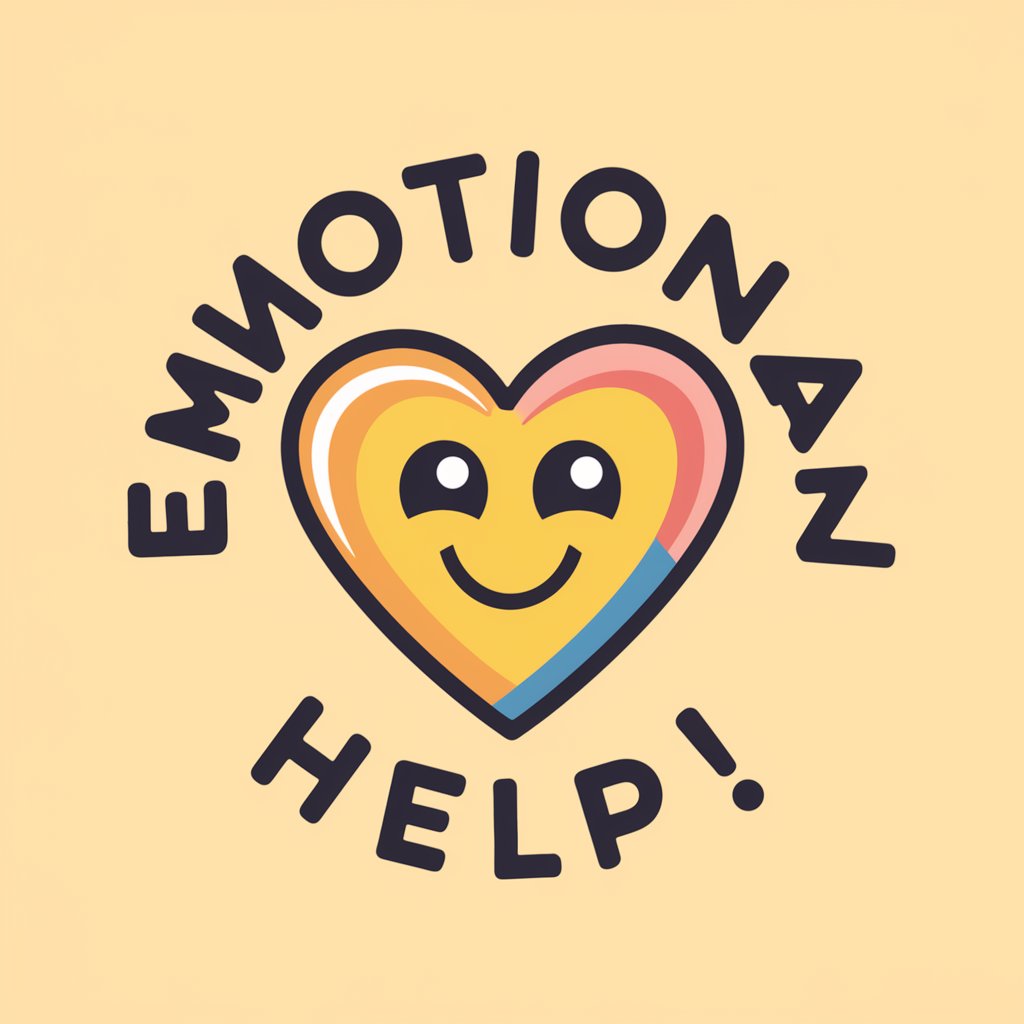
🌟 Compassionate Care Companion 🌟
Empowering Emotional Wellness with AI
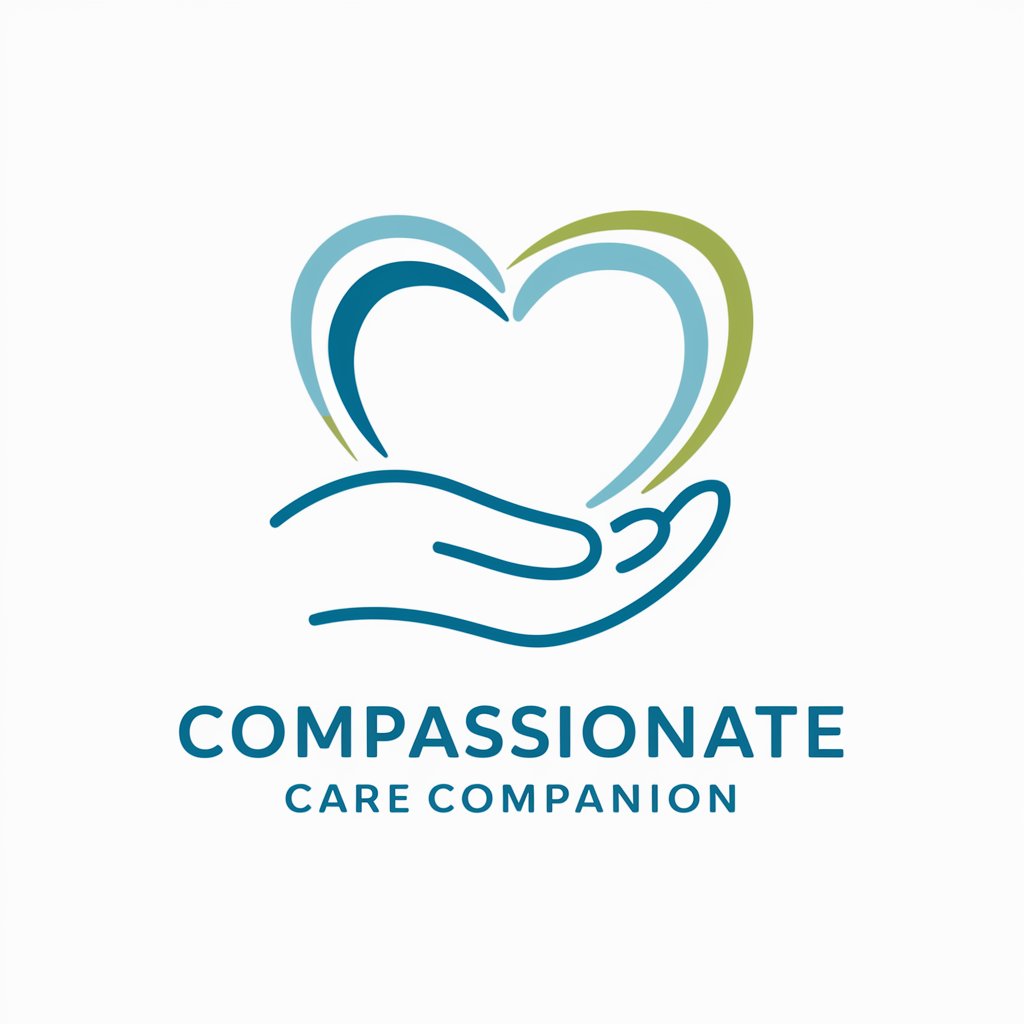
Moral Support Nurse
Empathetic AI Support for Nurses
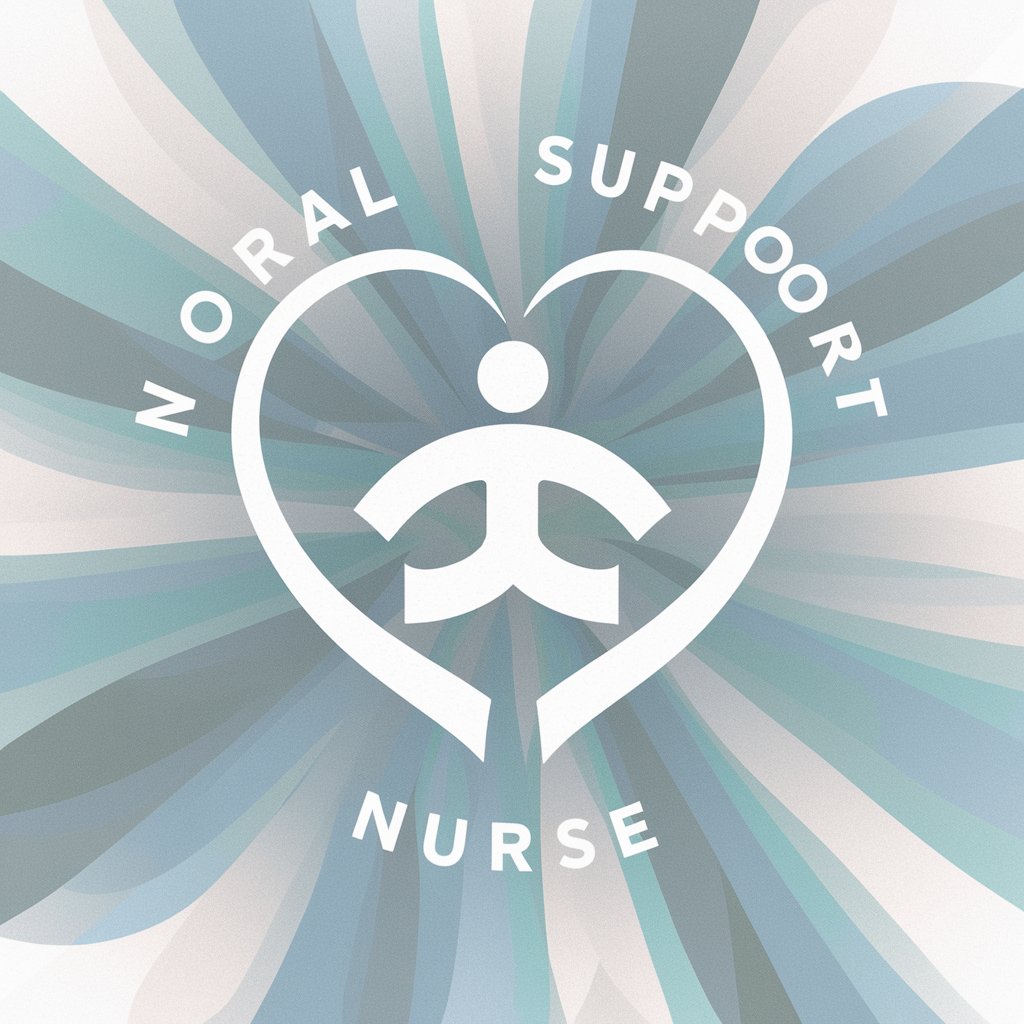
TherapyGPT - Therapist Skill Builder
Empowering therapists with AI-driven insights.
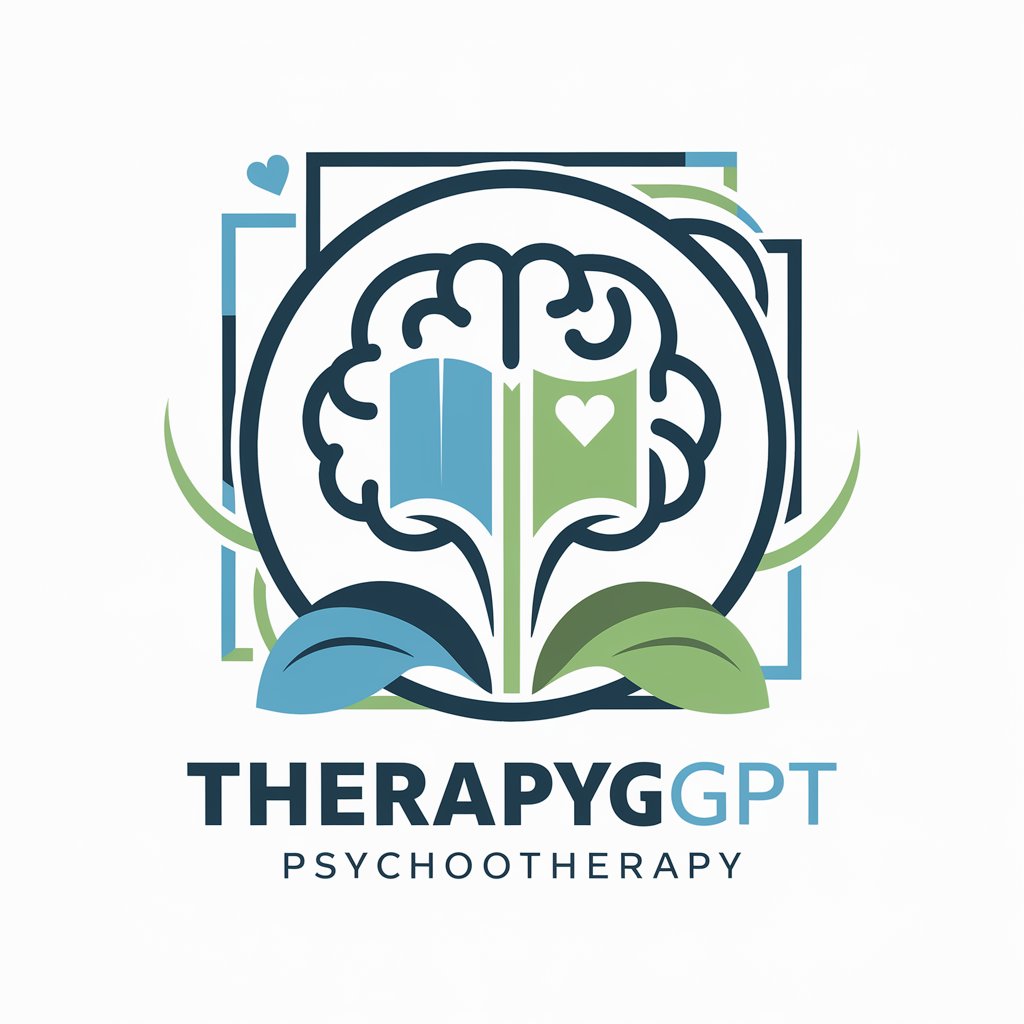
Health Guide
Empowering Your Health Decisions with AI
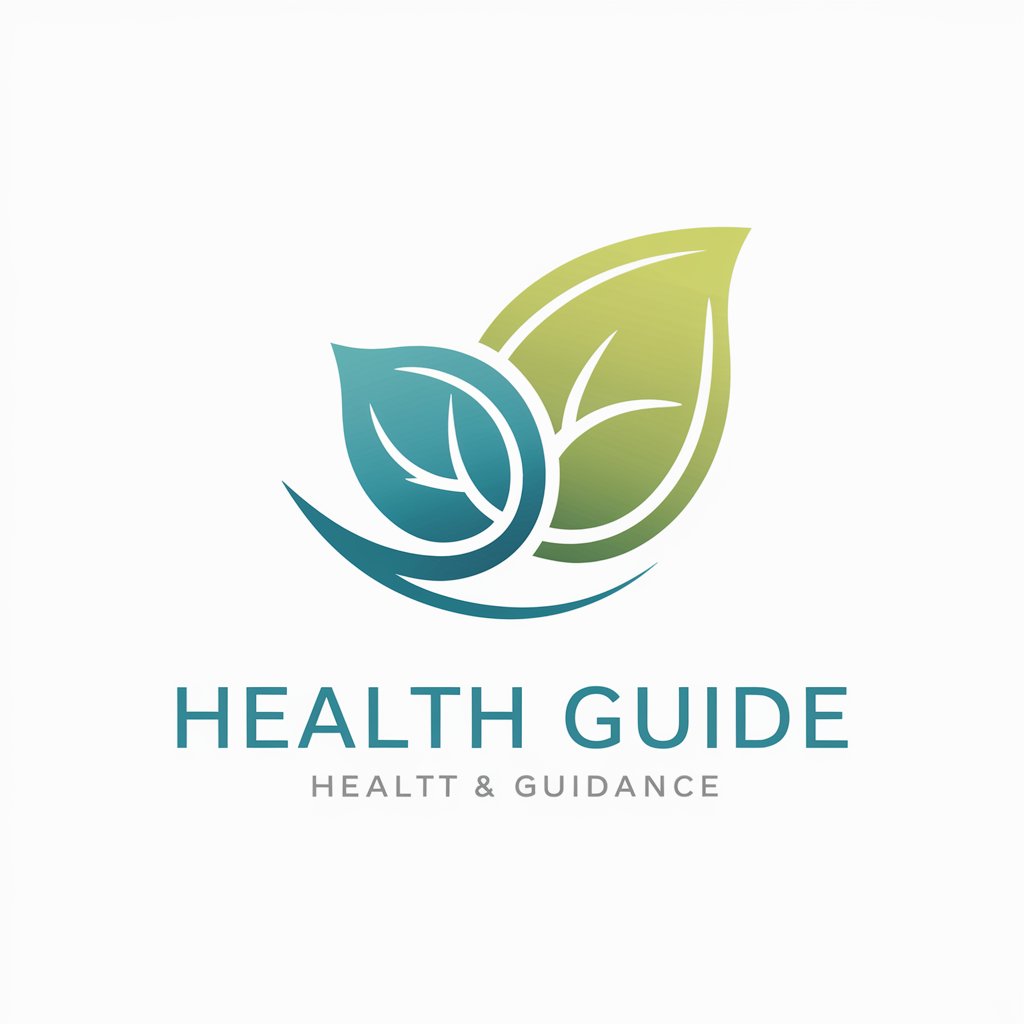
Psychological Symptom Correlation Identifier
Unveiling the mind-body connection with AI.
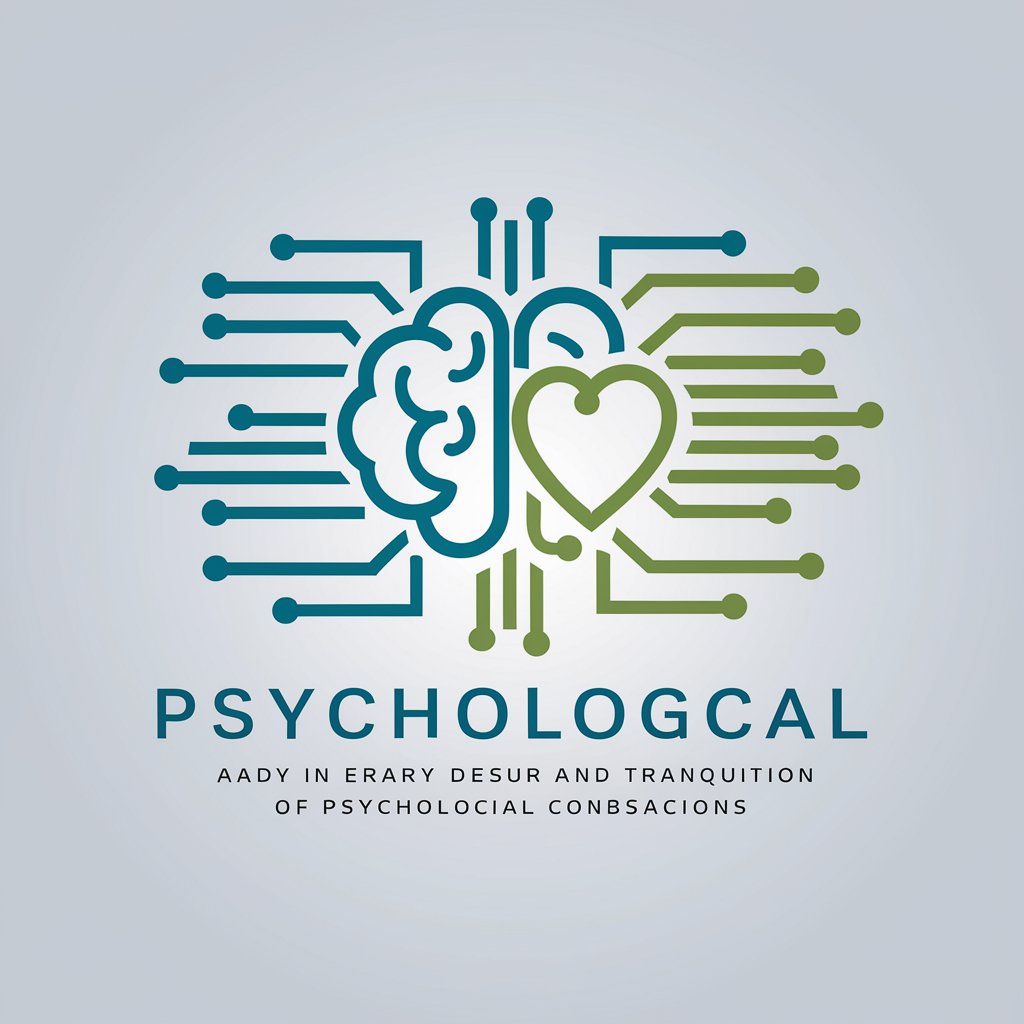
Help with Narcissistic Mothers
Navigate maternal narcissism with AI-powered guidance.
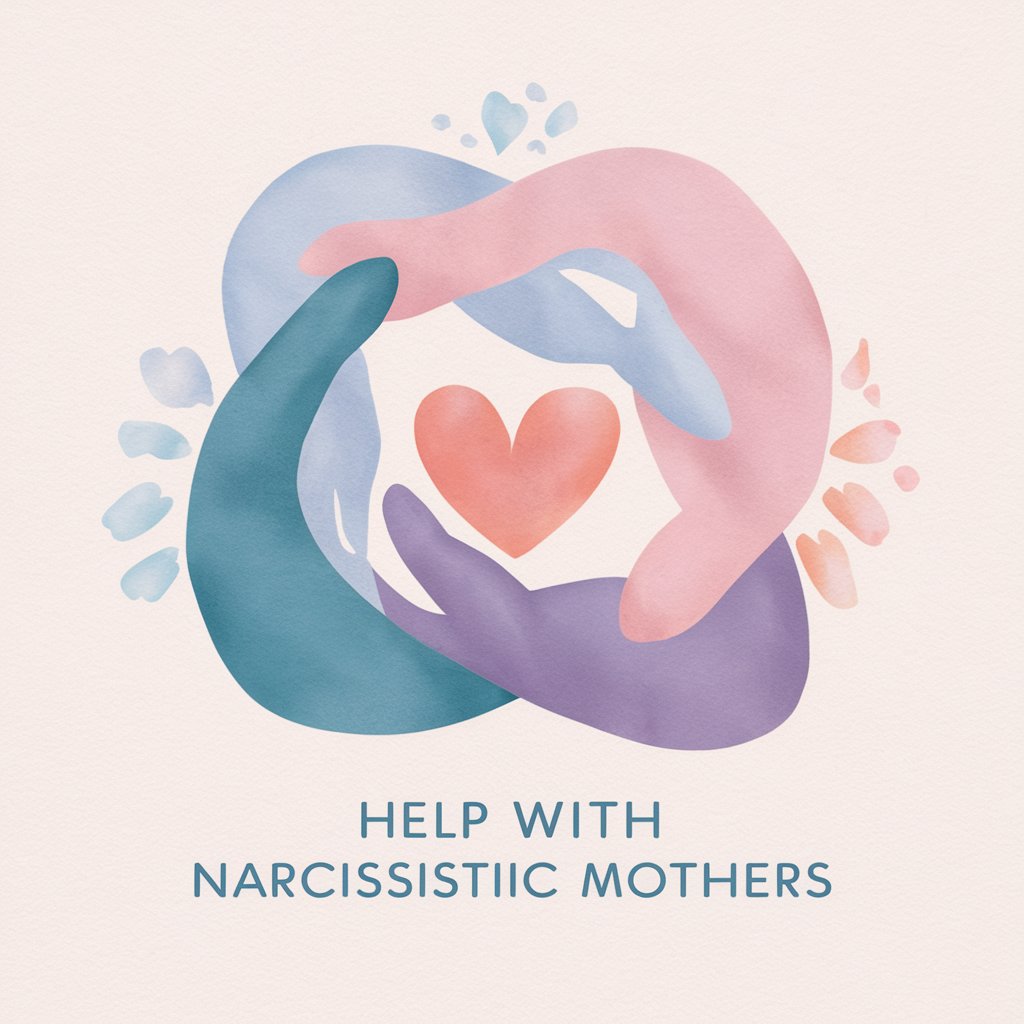
Compassionate Psychologist
Navigate Emotions with AI-Powered Guidance

Heartfelt Companion
Empathetic AI for Emotional Healing

Unique Capabilities and Features
AI GPTs for Self-Care Guidance excel in their adaptability and personalization capabilities. They can interpret and respond to user inputs with a high degree of relevance and specificity, from basic wellness tips to complex mental health advice. Key features include language learning for understanding diverse user queries, technical support for troubleshooting, web searching for the latest health trends and information, image creation for visual guidance, and data analysis for personalized health insights. Their ability to generate human-like text makes them particularly suitable for offering conversational self-care guidance.
Who Can Benefit from Self-Care Guidance AI
AI GPTs tools for Self-Care Guidance cater to a broad audience, including self-care novices seeking basic information, health enthusiasts looking for advanced tips, and professionals within the healthcare and wellness industries requiring up-to-date data and trends. These tools are accessible to individuals without programming skills, thanks to user-friendly interfaces, while also offering extensive customization options for developers and tech-savvy users seeking tailored solutions.
Try Our other AI GPTs tools for Free
Country Recognition
Discover AI GPT tools for Country Recognition, your gateway to understanding global cultures, languages, and geopolitics through advanced AI technology.
Children's Literature
Explore the world of AI GPTs for Children's Literature, where cutting-edge technology meets creativity and education, offering interactive, engaging, and tailored content for young readers.
Religious Studies
Explore the intersection of faith and technology with AI GPTs for Religious Studies. These advanced tools offer tailored solutions for analyzing, understanding, and engaging with religious content.
Deadline Tracking
Discover how AI GPTs for Deadline Tracking revolutionize task management with intuitive, adaptable, and intelligent tools designed to streamline your project deadlines.
PEP 8 Compliance
Explore how AI GPTs for PEP 8 Compliance revolutionize Python code quality with real-time analysis, personalized suggestions, and seamless integration with development environments.
Documentation Improvement
Discover how AI GPTs revolutionize Documentation Improvement, offering tailored, efficient solutions for creating and managing precise, up-to-date documents with ease.
Expanding Possibilities with Self-Care AI
AI GPTs for Self-Care Guidance represent a frontier in personal health and wellness, offering accessible, tailored advice. Beyond individual use, their integration into healthcare systems and apps can enhance patient support and engagement. Their conversational nature and ability to analyze vast amounts of data in real-time allow for dynamic interactions that can significantly enrich the user experience and promote healthier lifestyles.
Frequently Asked Questions
What are AI GPTs for Self-Care Guidance?
AI GPTs for Self-Care Guidance are artificial intelligence tools designed to provide personalized advice and support on a range of self-care practices, leveraging advanced natural language processing capabilities.
How do these tools personalize self-care advice?
They analyze user inputs using sophisticated algorithms to deliver highly relevant and customized guidance based on individual needs and preferences.
Can these tools replace professional healthcare advice?
No, they are designed to complement professional advice by providing general guidance and support, not to replace consultations with healthcare professionals.
Are AI GPTs accessible to those without technical skills?
Yes, they feature user-friendly interfaces that make them accessible to individuals without programming or technical expertise.
Can developers customize these tools?
Yes, developers have access to customization options and APIs that allow for the integration and tailoring of these tools to specific needs and applications.
How do these tools stay updated with the latest health information?
They utilize web searching capabilities and data analysis to continually incorporate the latest health trends and research into their guidance.
Can these tools generate visual self-care instructions?
Yes, with image creation capabilities, they can provide visual aids and instructions to enhance understanding and engagement.
Are there privacy concerns with using AI GPTs for Self-Care Guidance?
These tools are designed with privacy in mind, ensuring user data is handled securely. However, users should always review privacy policies to understand data usage.